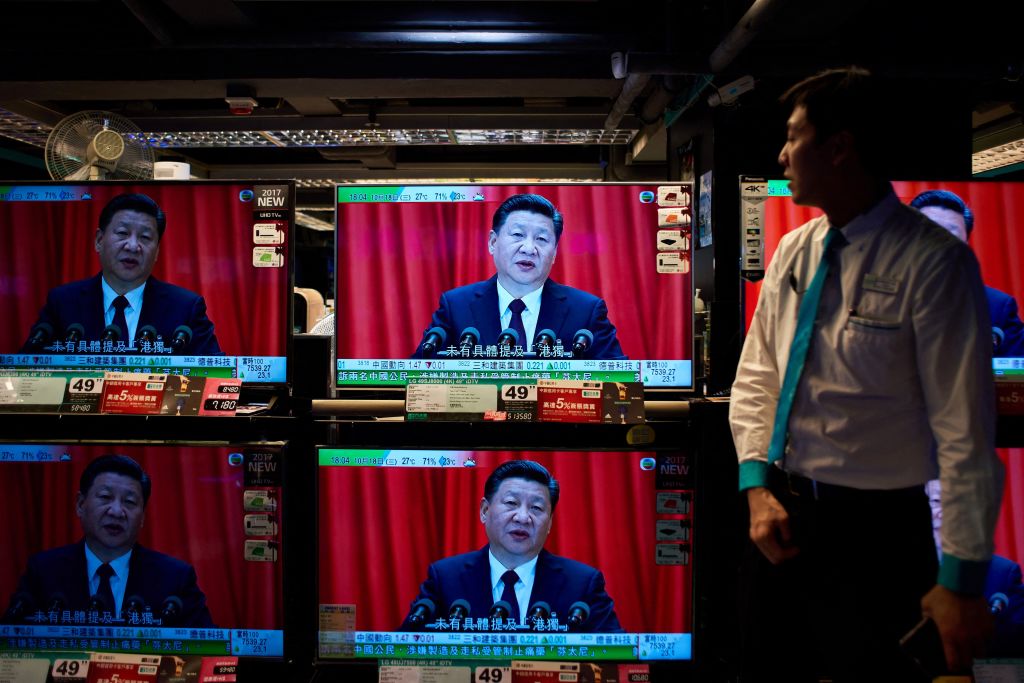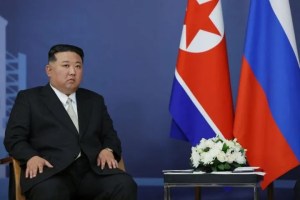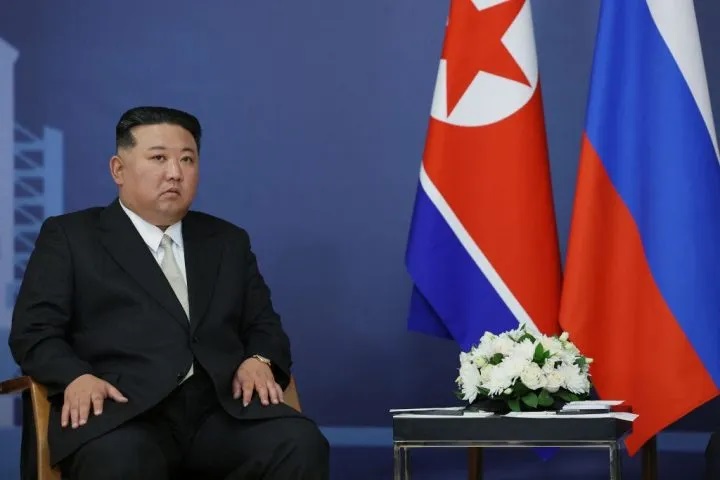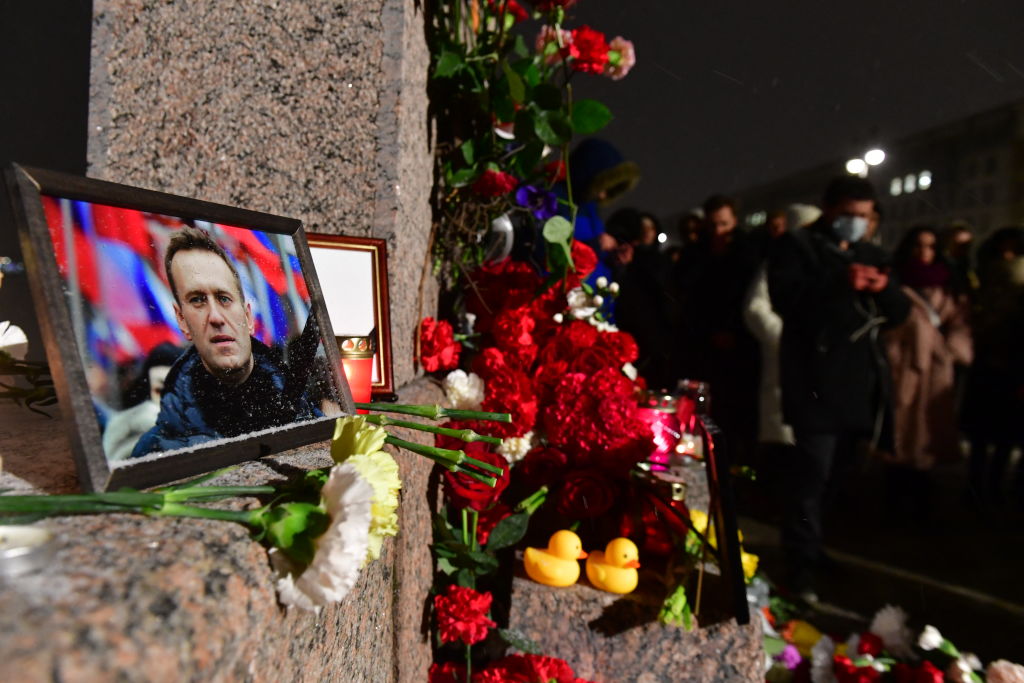The going explanation for the critical international situation today is that the authoritarian, statist powers of the world are cooperating with one another against the Western, democratic, capitalist ones to smash the supposed “rules-based” order on which they imagine Western hegemony rests. This is certainly one cause of the present global crisis but I do not believe it is the proximate one, which is rather the entirely predictable — though inexplicably unpredicted — result of the network of nearly instant electronic communications in which international society is enmeshed as if in the web of a malignant cosmic spider, combined with a reinforcing system of cheap global transport operating at not much below supersonic speed. The two phenomena allow billions of people to learn what is happening at virtually the moment that it occurs, and scores of millions to travel wherever they wish in a matter of days, weeks or months.
The liberal European assumption since the eighteenth century has been that cultural exposure and travel between nations and peoples broadens the mind and promotes good feeling and peace between them. Like every other liberal assumption I can think of, this one has been spectacularly proven to be sentimental utopian hogwash. To know our neighbor — it now appears — is as likely, if not more so, to hate than to love him. A world interconnected via international television, radio and social media is inevitably a chaotic and violent one of anger and hatred, envy and desire, the will to conquer and the will to avenge, the will to put certain historical theories and ideologies to the test by attempting to realize them (generally by force): in brief, the will to power, as Nietzsche foresaw. And since technological invention has made all this seem possible, aspiring tyrants have been emboldened to try it — in too many instances successfully, in the short run at least.
Mass communication tends by its nature to the generation of propaganda on behalf of what C.S. Lewis called “that hideous strength.” The compatibility between technology and tyranny is most obvious in two fields — mass politics and corporate advertising — which are first cousins to each other.
Communication directed at the masses for the purpose of consumption necessarily operates at the lowest common intellectual denominator and the broadest level of generalities, sedulously avoiding whatever is specific and — most of all — complex, while taking care to exercise the most basic human appeal. Hence, we live today in a world propaganda (official, commercial or private) has made — an unreal world in which unreality prevails everywhere. It is a world of untruth and of lies; and of course, the Devil is the Prince of Lies. And so the twenty-first century could scarcely be anything other than confused, resentful, angry, unhinged and violent: in a word, satanic.
We live in a time also when the Tower of Babel is being metaphorically rebuilt, more than four millennia after its abandonment, in the name of globalism. Genesis records that the Babylonians wished to distinguish themselves by building a tower whose top would reach into the heavens. God, to punish them for hubris, scrambled the language of the laborers so thoroughly that they were unable to understand one another; consequently, they were unable to complete their great work and the people themselves dispersed across the earth, resulting in a wide diversity of human languages. While that diversity persists, global mass communication has created, paradoxically, a uniformity of mainstream or official thought and feeling that is nevertheless understood differently by different peoples and cultures, to whom consequently it means different things. For example, virtually every government in power today claims to represent “the people” whose welfare, freedom, interests, desires and ambitions it says it represents. Thus, the People’s Republic of China has its Great Hall of the People, the United States its People’s House — the House of Representatives — that has been elevated since the events of January 6, 2021 in the minds of liberals to the semi-divine status of People’s Temple. Yet what President Xi and President Biden mean by “freedom,” “the people” and “government by the people” are not simply different things, they are opposite and contradictory ones, disseminated automatically, mindlessly and ceaselessly by governments, public officials, journalists and other public sources daily around the world. But just as the purveyors of propagandistic language mean different things by it, so their wildly diverse audiences understand them. More, propagandists make no attempt to differentiate the basic content of their rhetoric from that of their counterparts everywhere (the promise of freedom, justice, equality, democracy, anti-racism, human rights, etc.).
The mass media in every society operate in one direction only. They are not interested in “feedback,” save in the form of votes on the one hand and sales on the other.
This article was originally published in The Spectator’s December 2023 World edition.


























Leave a Reply